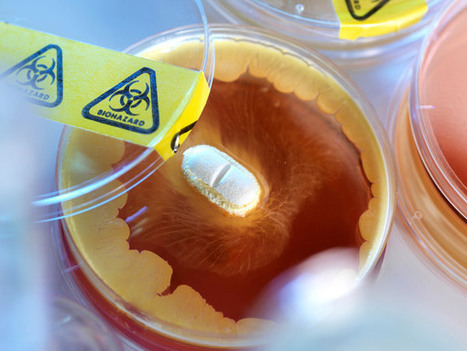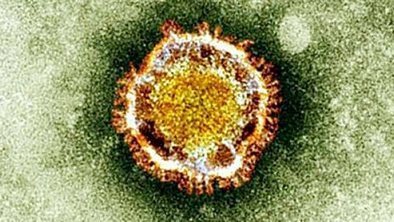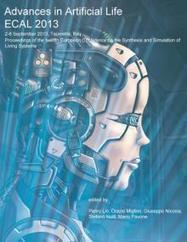"Superbug" bacterial infections that are resistant to common antibiotics are increasing at an alarming rate. But traditional antibiotics aren't the only way to battle dangerous germs. Biomedical scientists are investigating new additions to their arsenal.
Get Started for FREE
Sign up with Facebook Sign up with X
I don't have a Facebook or a X account
 Your new post is loading... Your new post is loading...
 Your new post is loading... Your new post is loading...
|

luiy's curator insight,
September 9, 2013 4:35 PM
About the Editors
Pietro Liò is Reader in Computational Biology at the University of Cambridge and a member of the Artificial Intelligence group of the University's Computer Laboratory. He researches on Predictive models in Personalized medicine and Multiscale modelling of molecules-cell-tissue-organ interactions.
Orazio Miglino is a full Professor of Psychology at University of Naples Federico II where he leads the Natural and Artificial Cognition Lab. He is also an associate researcher at the Institute of Cognitive Sciences and Technologies of Italian National Research Council (ISTC-CNR) in Rome.
Giuseppe Nicosia is an Associate Professor in Computational Systems and Synthetic Biology in the Dept. of Mathematics and Computer Science of the University of Catania, Italy. His research activities focus on the design of biological systems, neuroinformatics, system design, design automation, optimization, solar cells, circuit and semiconductor design.
Stefano Nolfi is Research Director at the Italian National Research Council (CNR), director of the Laboratory of Autonomous Robots and Artificial Life of the Institute of Cognitive Sciences and Technologies. His research activities focus on the evolution and development of behavioural and cognitive skills in natural and artificial embodied agents (robots).
Mario Pavone is an Assistant Professor in computer science at the Department of Mathematics and Computer Science of the University of Catania. He is co-founder of TaoScience Research center, and he is also a member of the EURO association (The Association of European Operational Research Societies) |
















Given the WHO announcement that antibacterial resistance is now a global threat - article on popular mechanic outlines some of the alternate treatments to antibiotics.